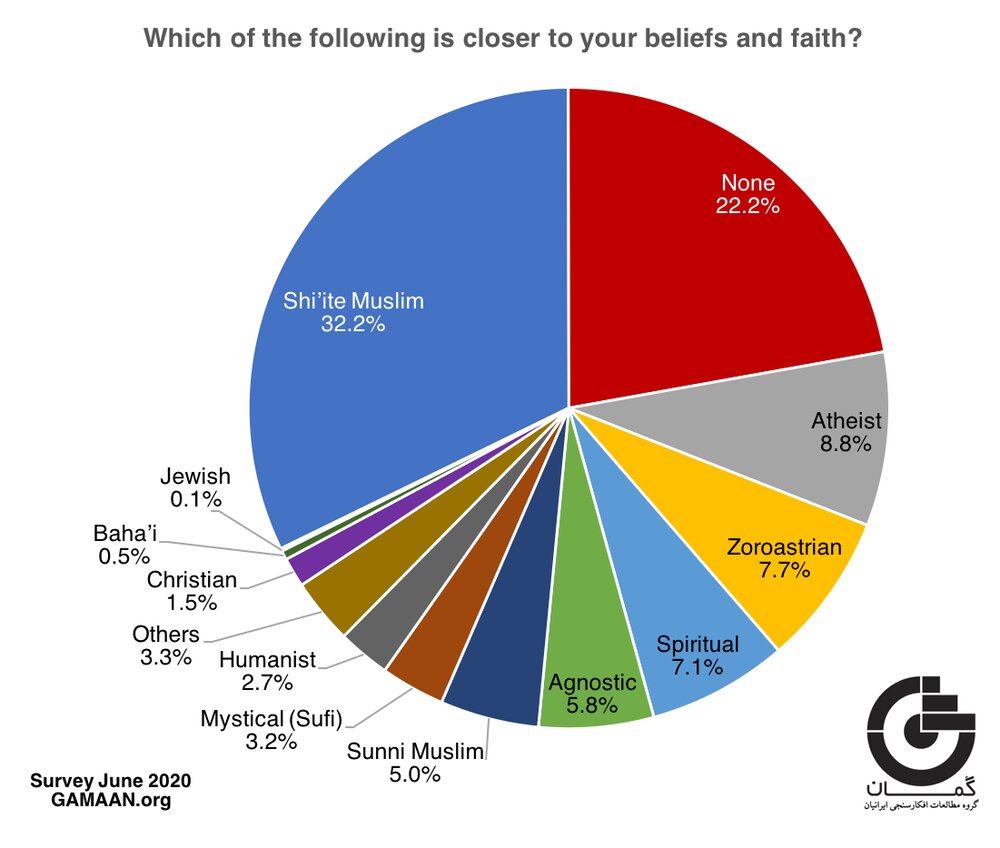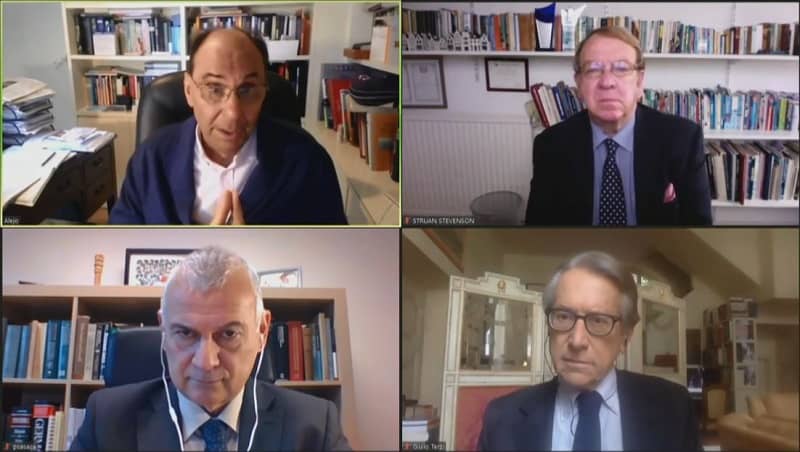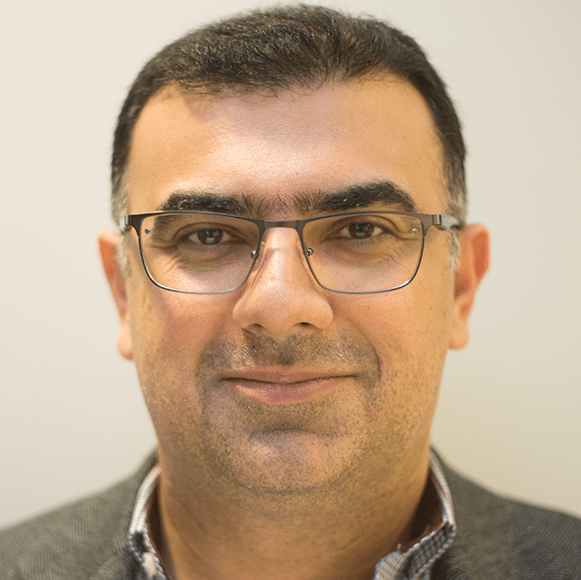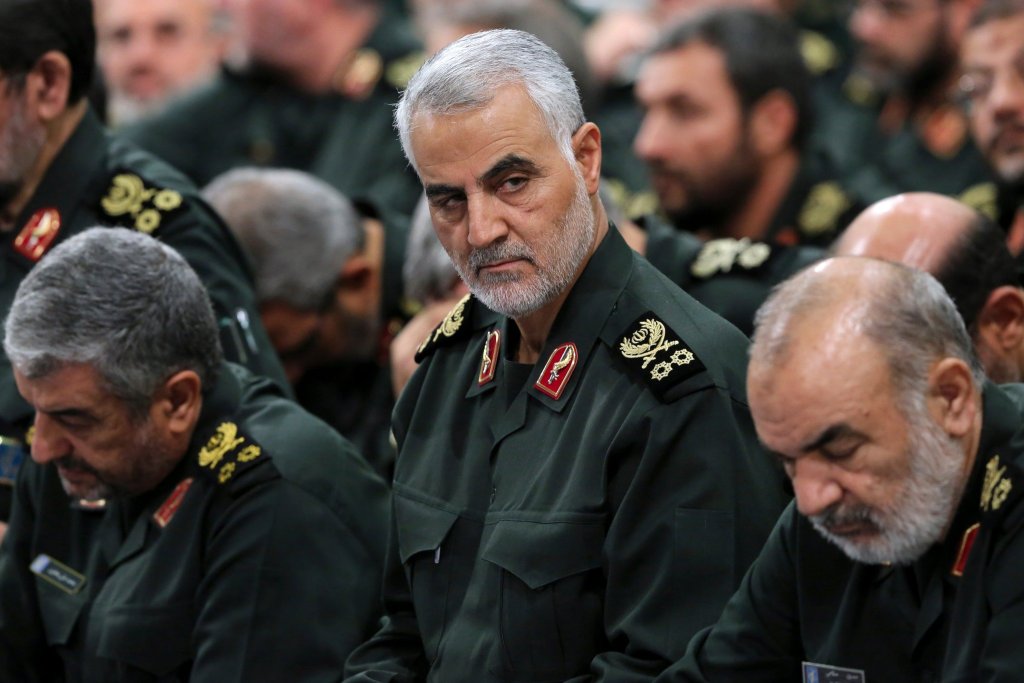Will Iran replace its presidency with a parliamentary system?
Thu 27 Feb 2020On Aug. 15, 2019, Ezatollah Yusefiyan-Molla, the MP for the city of Amol, announced that 151 out of Iran’s 290 parliamentarians had signed a letter calling for the amendment of the constitution, whereby the country’s presidential system would be replaced with a parliamentary one. Yusefiyan-Molla then added that as Iran’s supreme leader, Ayatollah Ali Khamenei, had dismissed the idea, no discussions about this subject would take place until the end of the 10th Parliament.
- 5921





